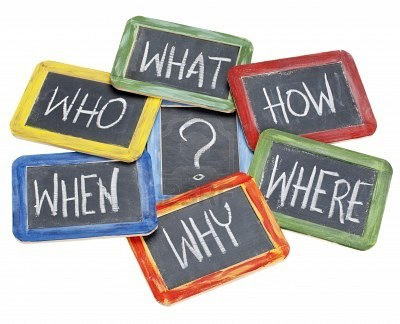Known Unknowns


Ramadan provides an excellent opportunity for self-reflection- and an opportunity to reflect on your coaching practice and yourself as a coach.
One of the common themes from candidates that I have encountered, when delivering the British School of Coaching’s Level 7 coaching and mentoring course, has been angst about encountering topic or issues in sessions that they would not know the answer to, which results in the candidates being desperate to be experts in every possible field that may arise. One of the key features of being a coach is the fact that you do not need to be a subject matter expert- indeed that ignorance on your part is frequently the enabler that leads the client to the new knowledge or understanding. This is because your questions to help your understanding make the client reflect when they are explaining matters to you. It is often the simple, curious, questions used by the coach to clarify matters that makes the client realise something they had failed to notice or misunderstood the significance of.
The challenge for you to reflect upon for your coaching practice is how comfortable you are with dealing with ambiguity. Remember Donald Rumsfeld’s comment?
“There are known knowns. These are things we know that we know. There are known unknowns. That is to say, there are things that we know we don’t know. But there are also unknown unknowns. There are things we don’t know we don’t know.” Unpicking that and applying that to me own coaching and supervision practice:
- Known knowns- I reflect on my own skills and knowledge – not just from coaching and supervision, but also the holistic knowledge and experience that I bring- work and life experience etc. Remember that coaching is not something that occurs in a vacuum.
- Known unknowns- I research the client industry/client prior to first session to establish some background knowledge- also great tool for rapport building. Sometimes the pre-session meeting reveals areas that I need to research and/or refresh.
- Unknown unknowns- I use my coaching journals to reflect on my development as a coach and reflect on how my emotional development in dealing with unknowns- initially it was a source of anxiety, now my reflection is that this is the source of excitement. I am also comfortable with being honest and open with a client and saying when I do not know something and then exploring countermeasures to address that.
Martin Hill LL.B (Hons), FInstLM, FISQC, MAC, EMCC Member, Coach &Coach Supervisor
Faculty Member
Programme Director for ILM 7 Coaching & Mentoring Courses






